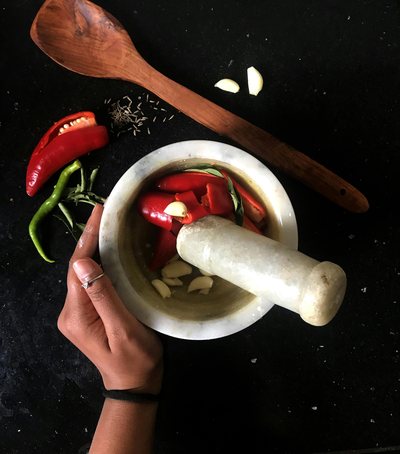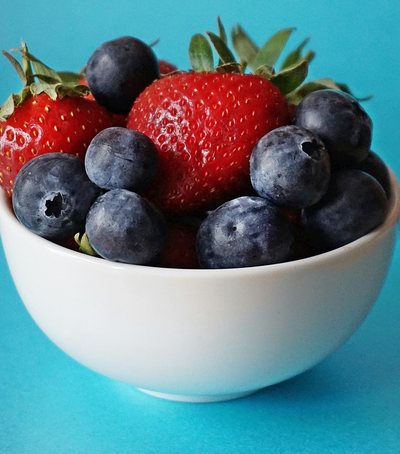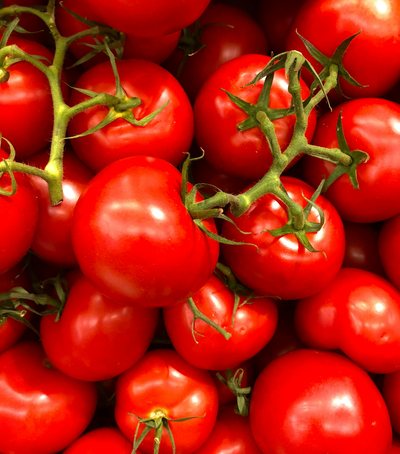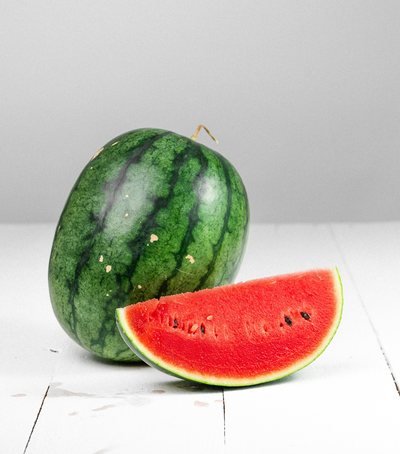
It is considered "super food". A recent study has found that an extract taken regularly from pomegranate can slow down the deterioration of body DNA cells and this means that it can delay the aging process. The scientists found that a daily dose of pomegranate helps stop the oxidation of a vital chemical marker in the DNA of human cells. In other words, frequent consumption of pomegranate does not allow a person's DNA to "rust".
The fruit extract, which contains wheat, husk and seeds was given daily to 60 volunteers who are part of the study. Pomegranates contain antioxidants and ingredients called punicagins, which are known to help the body fight cardiovascular disease. But the tests found could also have an impact on the cells involved in the aging process. Pomegranate has gained a reputation as a “super food” over the centuries and has been used to cure everything.
Probeltebios's Spanish laboratories gave the group of volunteers a supplement containing pomegranate extract every 24 hours for 30 days. During that time, researchers measured the rise or fall of chemical markers in the body to monitor regular dose changes. In particular they noticed a drop in a chemical indicator called 8-Oxo-2-deoxyguanosine. Scientists say this is one of the main products of DNA oxidative stress in cells.
The DNA in cells is what causes them to reproduce. If damaged, it can actually rust with age, then the damaged cells reproduce. As cells fade and die, the body ages, so preventing damage can slow their reproduction. Researcher Dr. Sergio Streitenberger led the industry-funded study in private biotechnology laboratories in Madrid. He said: "We are old because we fall, cell after cell. One way to look at aging is to think of it as rust or oxidation, a process of damage."
Pomegranate has gained a reputation as a “super food” over the centuries and has been used to cure everything. Pregnant women also use it to stay healthy. Pomegranate contains vitamins A, C and E, as well as iron, while the antioxidants in them are good for the heart.





